Nigeria Records Fastest Economic Growth in ten Years – World Bank
Nigeria’s economy posted its strongest performance in nearly a decade in 2024, according to the World Bank, with growth driven by a robust fourth quarter and improving fiscal conditions.
At a presentation on Monday ahead of the release of the Nigeria Development Update (NDU), the World Bank’s Lead Economist for Nigeria, Alex Sienaert, revealed that the economy expanded by 4.6% year-on-year in Q4 2024.
According to a report by Channels TV, Sienaert noted that high-frequency business indicators suggest this growth momentum has continued into early 2025.
Related Articles
‘Nigeria First Policy’ to accelerate Nigeria’s industrial revolution, says NASENI boss
6 hours ago
Nigeria unveils digital trade mapping findings at Lusaka Jollof Mixer
2 days ago
Tinubu backs Qatari investment, assures stronger Nigeria-Qatar partnership
3 days ago
IMF clears Nigeria from list of debtor-countries
4 days ago
However, Sienaert cautioned that inflation remains a key concern, with persistent price pressures threatening household welfare and macroeconomic stability.
The biannual Nigeria Development Update, which offers a detailed analysis of the country’s economic trends and policy challenges, is set to be launched in Abuja today.
The recent growth figures come in the wake of sweeping reforms under President Bola Tinubu’s administration, including the removal of petrol subsidies, reduction in electricity subsidies, and unification of the naira exchange rate. While these measures aim for long-term stability, they have contributed to inflationary pressures.
Despite this, inflation showed signs of easing in early 2025. Nigeria’s annual inflation rate fell to 23.18% in February, its lowest since June 2023, down from 24.48% in January. Food inflation also declined to 23.51% — the lowest level since September 2022. However, core inflation, which excludes food and energy prices, rose to 24.43% in February from 23.01% in January.
Consumer prices increased by 3.90% in March on a monthly basis, up from 2.04% in February, indicating lingering cost pressures.
Looking ahead, the World Bank projects Nigeria’s economy will grow by 3.6% in 2025. Sienaert highlighted that foreign exchange reforms have helped stabilize the currency, with a more market-driven and unified exchange rate allowing the Central Bank of Nigeria to rebuild its reserves, which now exceed $37 billion.



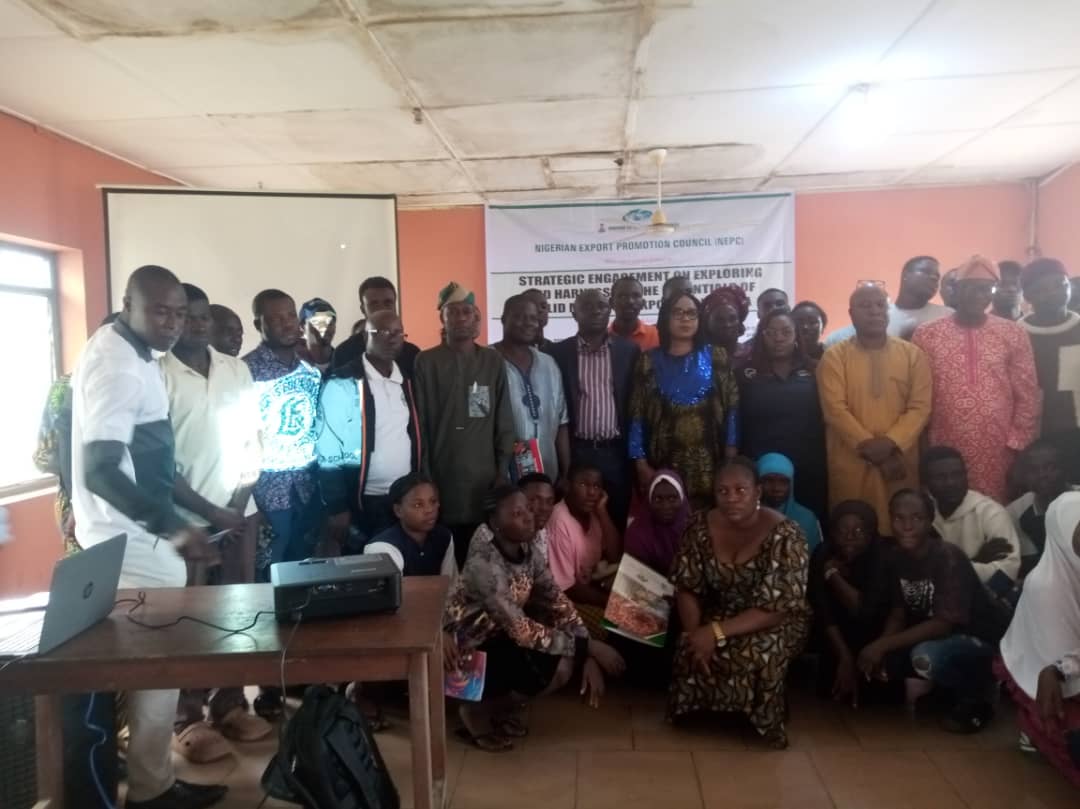
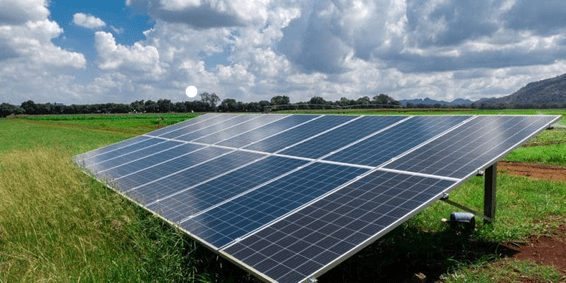
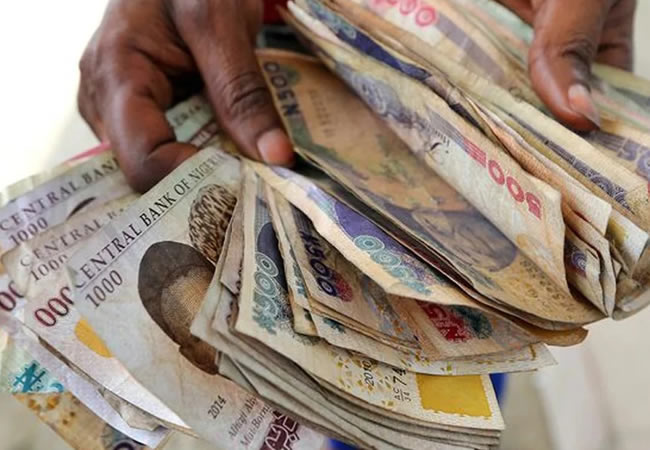
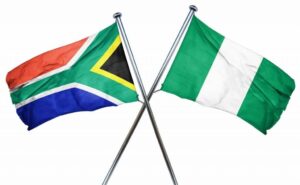






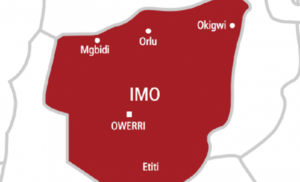

Post Comment